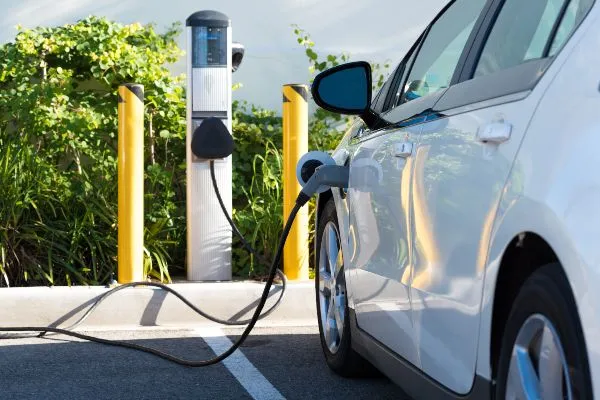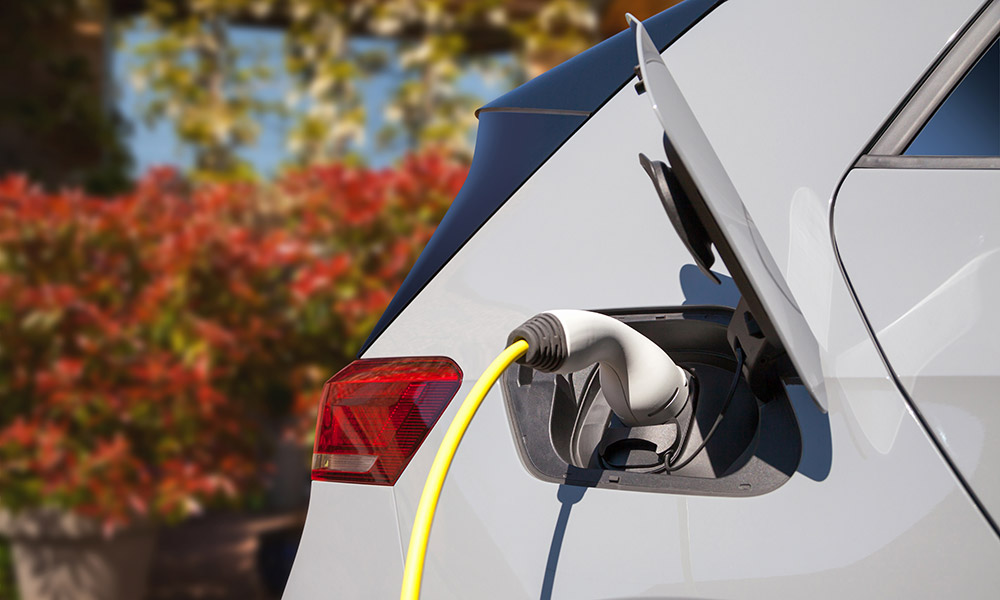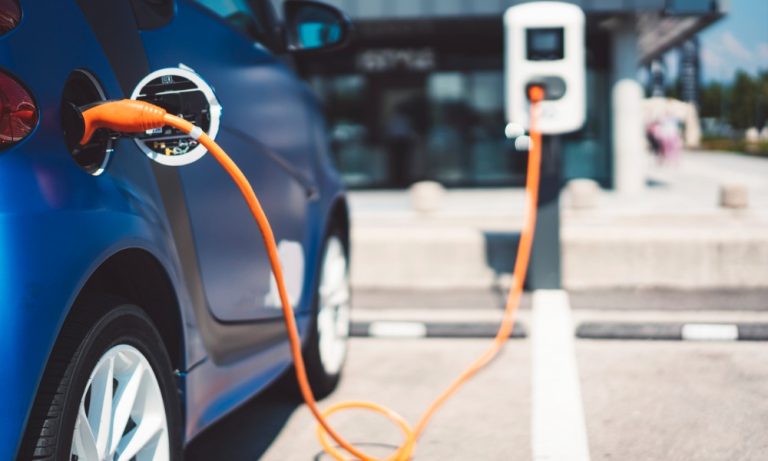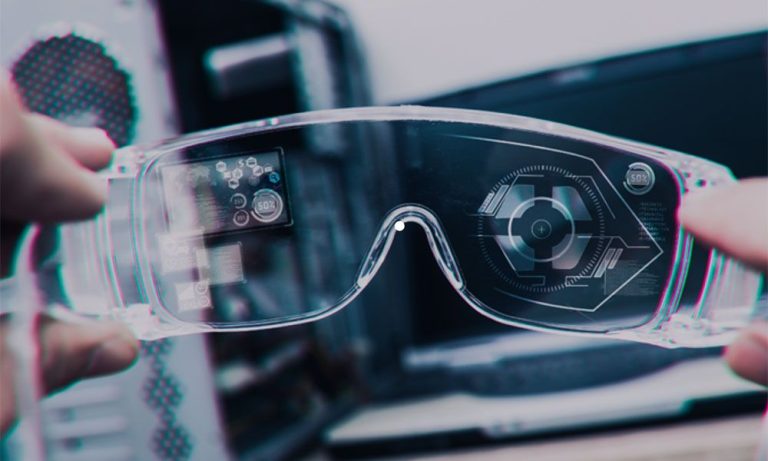Electric vehicles are often seen as the future of transportation, but they may also affect how we power our homes. With new technology, many EVs can act as backup batteries for your home. Thus, Denver homeowners who experience sudden storms, snow, and occasional power outages can have a reliable power source when the grid goes down.
The Idea Behind EVs as Power Sources
Every electric vehicle has a powerful battery pack. These batteries store large amounts of energy, allowing drivers to travel long distances without needing to stop and charge frequently. But this energy can be directed back into the home to keep appliances, heating, or lights running during an outage. This technology is known as vehicle-to-home, or V2H. Instead of using a gas-powered generator, the energy already stored in your car can power your house. Some EV batteries have enough capacity to run a typical home for several days, depending on energy use.
Why Denver Homes Could Benefit
Denver weather is unpredictable. Winter blizzards can bring heavy snow that downs power lines, while summer thunderstorms and high winds also raise the risk of outages. In these situations, waiting for power to be restored can be uncomfortable and unsafe.
With an EV in the driveway, families could keep essentials running without relying on noisy, fuel-dependent generators. Refrigerators, medical devices, home heating systems, and Wi-Fi could keep working when the neighborhood goes dark.

How the Technology Works
A special two-way charging system is required. Unlike standard chargers that only move energy one way, a two-way charger allows energy to flow both in and out. When the grid goes down, the charger switches to draw electricity from the EV’s battery instead. This power then moves through the home’s electrical system to keep devices and appliances running. Once grid power returns, the system switches back automatically. The EV can begin charging again.
Which Vehicles Offer This Feature
Some well-known automakers already offer cars and trucks that can serve as home energy backups. These vehicles often have larger battery packs, making them more capable of powering homes for longer periods. As the technology grows, more automakers are expected to add V2H to their lineups.
Comparing EVs to Traditional Generators
Generators have been the go-to choice for backup power for decades. But they come with noise, fumes, and the need to keep fuel on hand. In contrast, an EV provides a much cleaner and quieter option. It also saves space since it doubles as both a car and a power source.
While generators can run as long as you have fuel, EVs rely on the amount of stored battery power. Thus, households may need to be mindful of how much energy they use during an outage. However, the trade-off is worth it for the convenience and environmental benefits.
Beyond emergencies, EVs with vehicle-to-home technology could also play a role in everyday energy management. For example, Denver homes with solar panels could store excess daytime energy in their car batteries and then use it at night. This could lower electricity bills and make homes less dependent on the grid.



